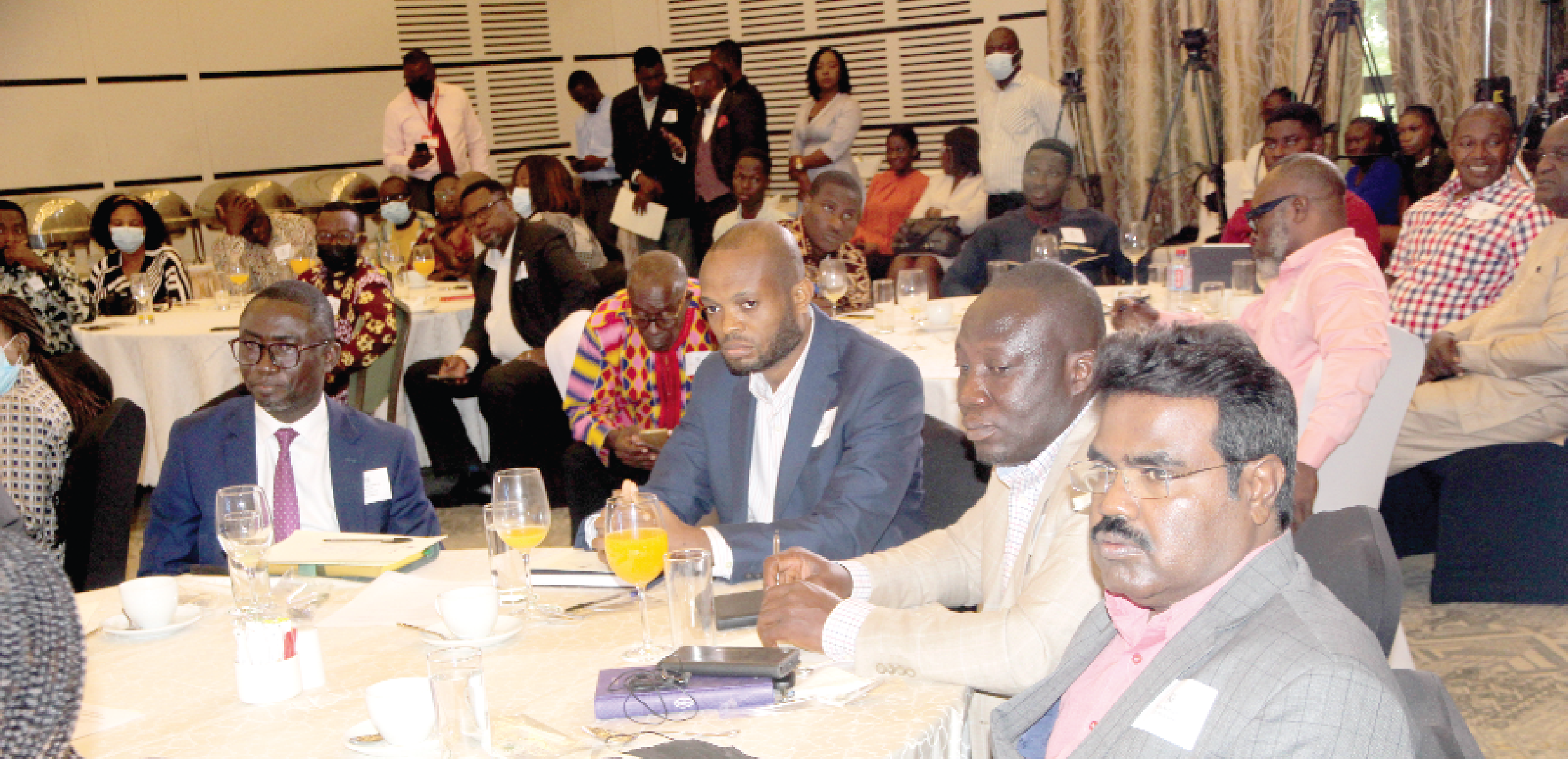
Value addition, means to robust economy
FOR the umpteen time, value addition has emerged as the sustainable route to creating a robust economy that can feed itself and provide decent jobs for majority of the citizens.
An Associate Professor at the Department of Economics at the University of Ghana, Professor Eric Osei-Assibey, said in Accra that the country should capitalise on the current challenges to realise what it had preached for decades.
Prof Assibey called for a reset of the economy from the old age style of exporting raw materials and importing finished goods to one that was manufacturing-oriented, export-led and jobs-centered.
He said such a change was needed to bring meaningful progress to the country and, there is the need for a shift from what he described as the ‘Guggisberg economy’ which is reliant on the export of raw materials to one that is focused on value addition and industrialisation.
Time is now
Speaking as the Chairman for the Graphic Business/ Stanbic Bank Breakfast Meeting, the Associate Professor said “we need to reset the economy. The time has come for us to reset our economy from the Guggisberg type and begin to focus on the productive sectors.”
He said until the country solved the rigidities in the manufacturing and productive sectors of the economy, it would continue to be faced with challenges.
“We have not added value to our raw materials, we have not tackled the bottlenecks along the value chain of our production and what that means is that, our productivity and exports would be low, our unit cost of production will be high so from the word go, you become an inflationary state.
“Anything we produce will not be competitive and, therefore, we will not be able to export more and the inflationary levels will go up, interest rates will also be high which comes back to increase prices further,” he explained.
He said the government must, therefore, implement measures that would tackle the productive base of the economy.
He advised that most of the borrowings must be channelled into making sure that the productive sectors of the economy were up and running.
“We need to reduce inefficiencies, remove the bottlenecks and enhance productivity so that our per unit cost of production is much reduced, transaction cost is reduced, reduce inflation and we will be able to have a much more stable and competitive macro-economic environment.
“This will also ensure that we generate enough revenue for the country, create more employment and be able to bring in a lot more foreign currency to shore up our currency,” he pointed out.
Evidence based decisions
Prof Osei-Assibey also stressed the need for evidence based decisions and policies in the country.
He lamented that the country currently did not have any blueprints that guides policies.
“Our policies are not driven by evidence and research. Making policy decisions that are based on evidence and research will guide us on what will be the response of the people to the policies, to what extent we will get the desired results, and how long it will take to achieve the results.
“So before we come out with policies, we should have done research to be able to know the end from the beginning which we don’t do. So we bring in the policy and it hits a snag and we end up wasting a lot of time,” he stated.
Accepting mistakes
The renowned economist also noted that for the economy to move forward, the country needed to accept its mistakes and implement reforms.
“If you don’t accept your mistakes, you will never learn from it. We not dwelling on these mistakes and wasting precious time is also key and learning from it,” he stated.
He said the reason why the country keeps going to the International Monetary Fund for bailouts was because it kept making the same mistakes over and over again.
“We continue to be fiscally indisciplined, we borrow for consumption and not for capital projects, and there are so many loopholes, inefficiencies and waste in the system,” he said.